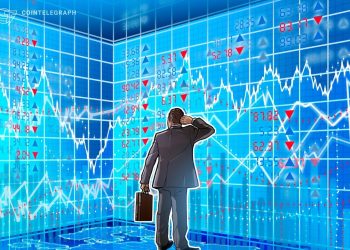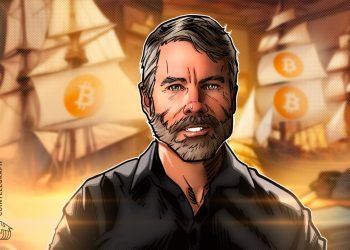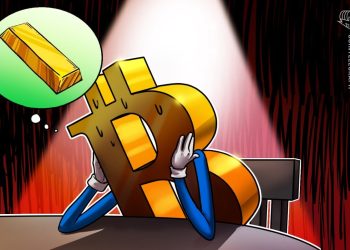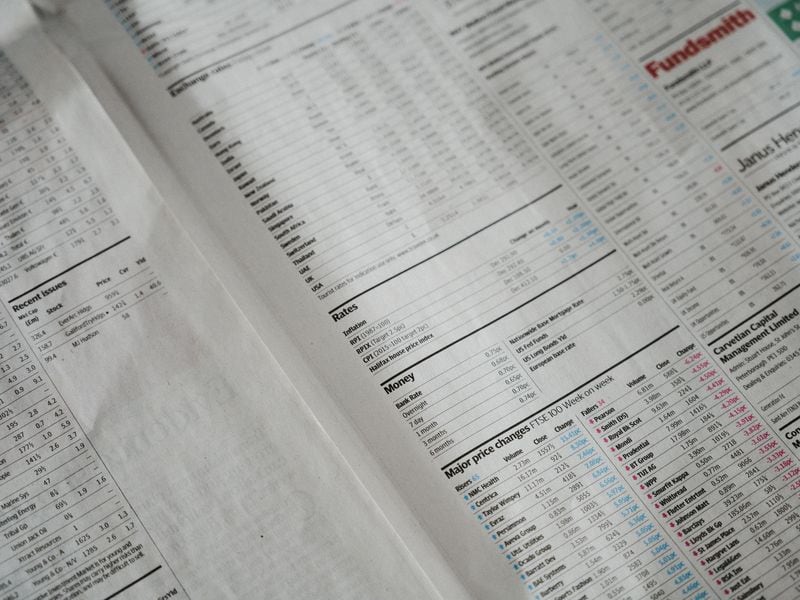Bitcoin brought “branding, investments and tourism” to El Salvador, President Bukele said in a TIME Magazine interview.
The crypto, though, hasn’t yet enjoyed the “widespread adoption” in the country as hoped for, he added.
Under Bukele, El Salvador adopted bitcoin as legal tender and started purchasing it as a treasury asset in 2021.
Nayib Bukele, El Salvador’s pro-Bitcoin (BTC) president, said his plan to make the country a hotbed for the largest and oldest cryptocurrency has been “net positive” but adoption has fallen short of his expectations.
“Bitcoin hasn’t had the widespread adoption we hoped for,” Bukele said in an interview with TIME Magazine. “I feel that it could have worked better, and there is still time to make some improvements, but it hasn’t resulted in anything negative.”
El Salvador, however, has benefitted in multiple ways from positioning itself as a Bitcoin-friendly country while the risks that institutions such as the IMF warned of have yet to materialize, according to Bukele.
“It gave us branding, it brought us investments, it brought us tourism,” he said. “I do believe that the positive outcomes outweigh the negative, and the issues that have been highlighted are relatively minor.”
El Salvador, under Bukele’s leadership, became the first nation state to start purchasing bitcoin as a treasury asset in September 2021. It also adopted the cryptocurrency as a legal tender that year. The country also laid out plans for issuing bonds backed with BTC mined there and introduced a citizenship through investment scheme for foreigners who donate to the government.
Bukele also reminded that El Salvador was a “first mover,” and today Wall Street companies are offering numerous Bitcoin-related investment products and the crypto playing a sizable role in this year’s U.S. presidential election
El Salvador country has accumulated a sizable bitcoin stack through a combination of direct purchases and its citizenship program. The country, said Bukele, has about $400 million in BTC “in the public wallet alone.”
“I’m not going to say it’s the currency of the future, but there’s a lot of future in that currency,” Bukele said.
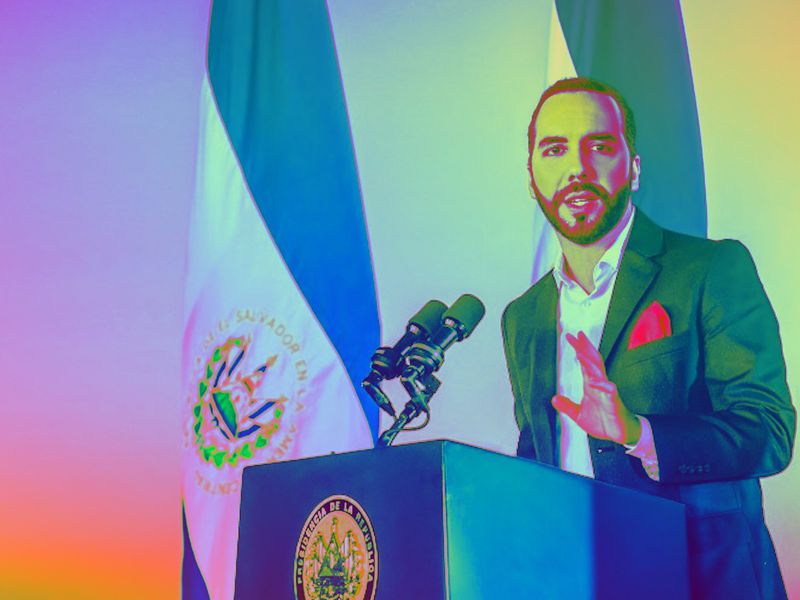
![[Action required] Your RSS.app Trial has Expired.](https://8v.com/info/wp-content/uploads/2026/01/rss-app-cfAqZL-75x75.png)









![[Action required] Your RSS.app Trial has Expired.](https://8v.com/info/wp-content/uploads/2026/01/rss-app-cfAqZL-350x250.png)

